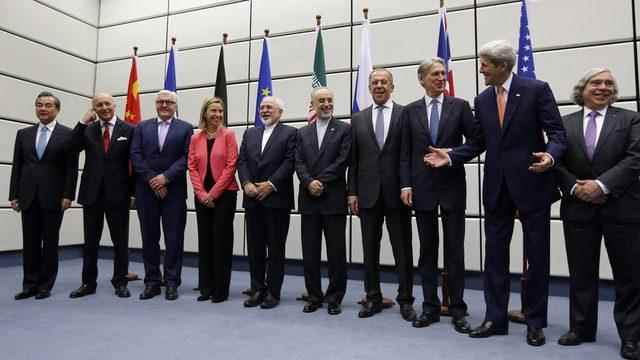Talks to prevent the collapse of the international agreement on Iran’s nuclear activities begin today in Vienna, Austria.
The parties will negotiate on the possibility of returning the 2015 agreement.
If the talks are successful, the sanctions on Iran can be lifted and Iran’s nuclear program can be limited again.
In 2018, Donald Trump withdrew the United States from the agreement and reinstated sanctions. In response, Iran violated some of its key commitments from the agreement.
Joe Biden’s administration, on the other hand, is proposing to lift sanctions in the face of Iran’s return from these violations.
The Tehran administration, on the other hand, insists that the first step should come from Washington.
Along with the sanctions, the government in Iran also wants assurances that it will not unilaterally withdraw from the agreement again.
Western diplomats warn that the chances of successful negotiations are beginning to dwindle as Iran makes progress in its uranium enrichment program.
Speaking to the New York Times, a senior White House official said that talks between Washington and Tehran on the next steps to be taken were largely completed before the Iranian presidential election.
It is observed that the government of Ibrahim Reisi, who won the presidential election in Iran, has a tougher attitude towards international relations.
He also said that he will not allow any further prolongation of the negotiations in Vienna and interference in Iran’s ballistic missile program and regional policies.
US Secretary of State Anthony Blinken said that if Iran re-boxes the program, “every choice is on the table”.
What is the Iran nuclear deal?
The agreement was signed and entered into force in January 2016, after lengthy negotiations between Iran and the five permanent members of the UN Security Council, known as the P5+1, the USA, China, Russia, the UK and France, and Germany.
Under the agreement, Iran would limit its enriched uranium production and storage capacity, allow inspection of its nuclear facilities, and modify or completely shut down its facilities on recommendations.
In return, the sanctions that had left the country’s economy in a difficult situation for a long time would be lifted.
Throughout the entire process, Tehran has defended the claim that its nuclear program is peaceful.
Analysis by BBC diplomatic correspondent James Landale from Vienna
The weather is not very good at the beginning of the negotiations.
Iran’s new government is dragging its feet. It took them almost six months to get back to the negotiating table in Vienna. And they will sit at that table with new and wholesale demands.
Iran says it will not negotiate its nuclear activities. According to them, these talks are about lifting US sanctions… All of the sanctions and immediately… They also want guarantees that no future US government will withdraw from the agreement.
The United States and the other signatories of the agreement, on the other hand, want to continue from the agreed point of view that a deal is possible in June.
If Iran refuses to negotiate its nuclear program, American diplomats are talking about “other options, different ways”. These options implicitly mean turning a blind eye to Israeli military or cyber attacks.
concise sentence; The Western powers still do not know the intention of the new administration in Tehran: Are they serious in the negotiations to make the deal and the concessions necessary to make it happen? Or is he just trying to buy time to enrich the uranium?
Everything revolves around these questions.
These negotiations may continue for a while. And for the moment there are more snow clouds than optimism in the air in Vienna.
